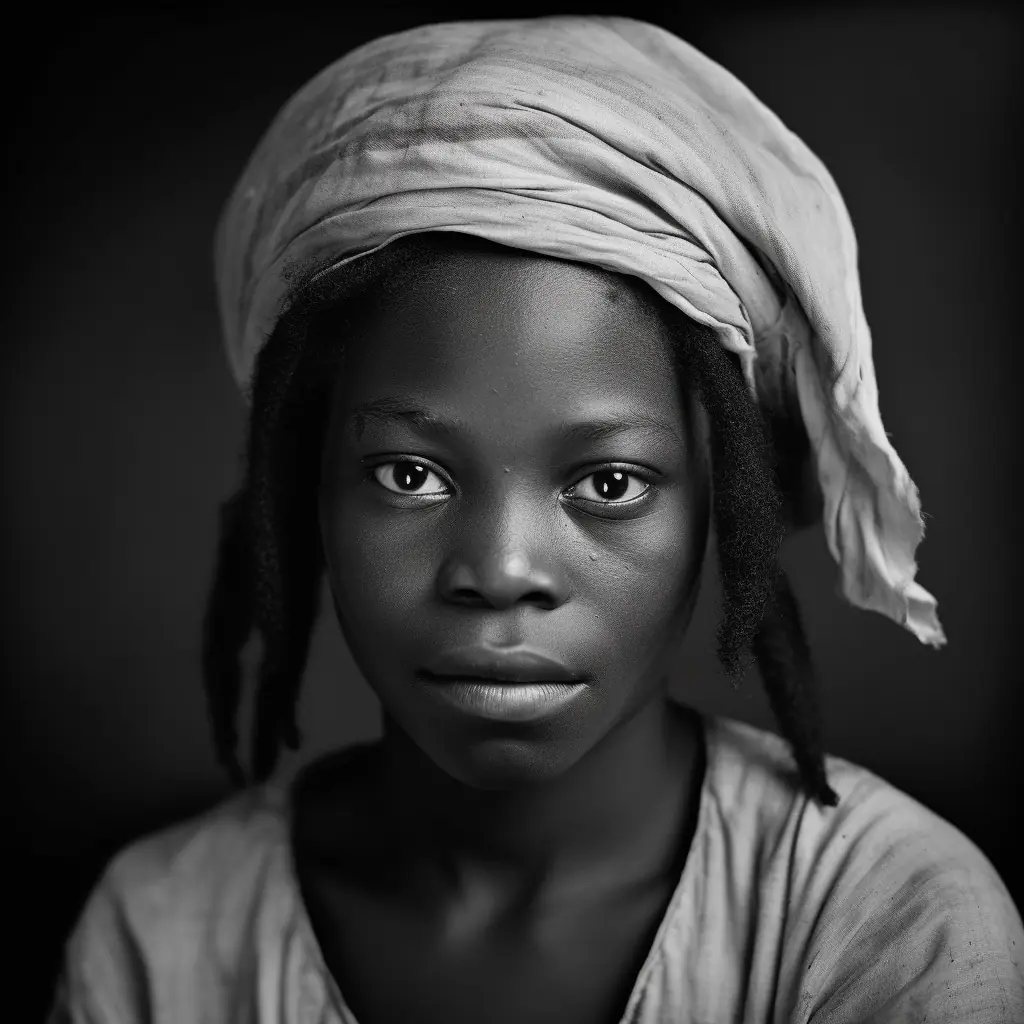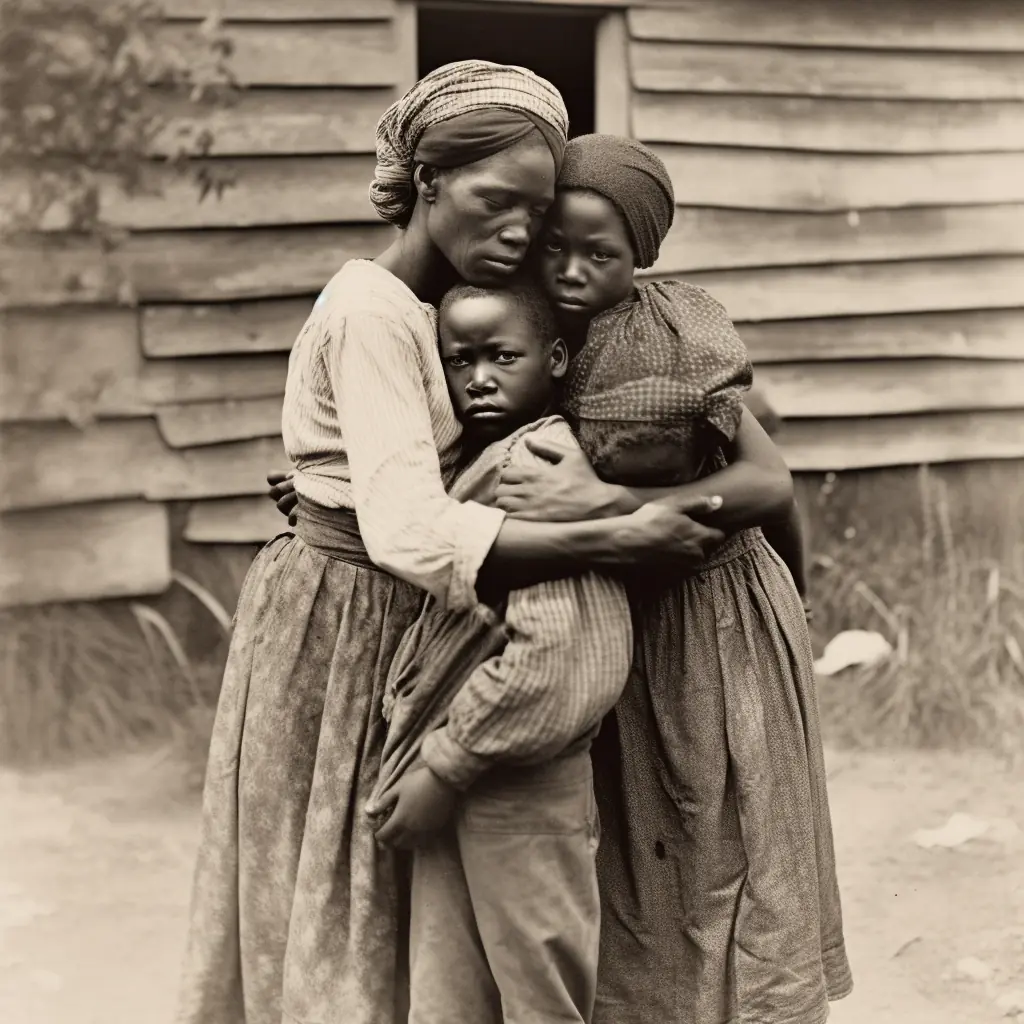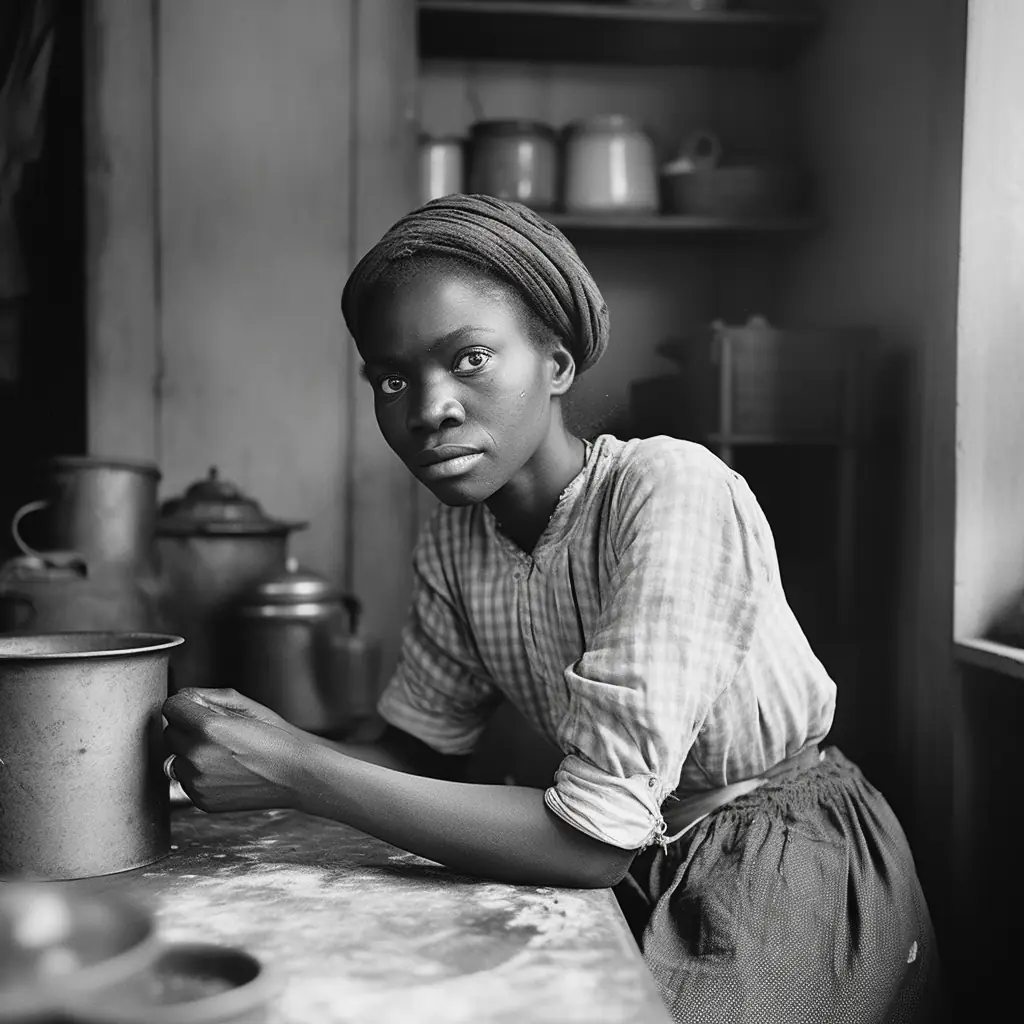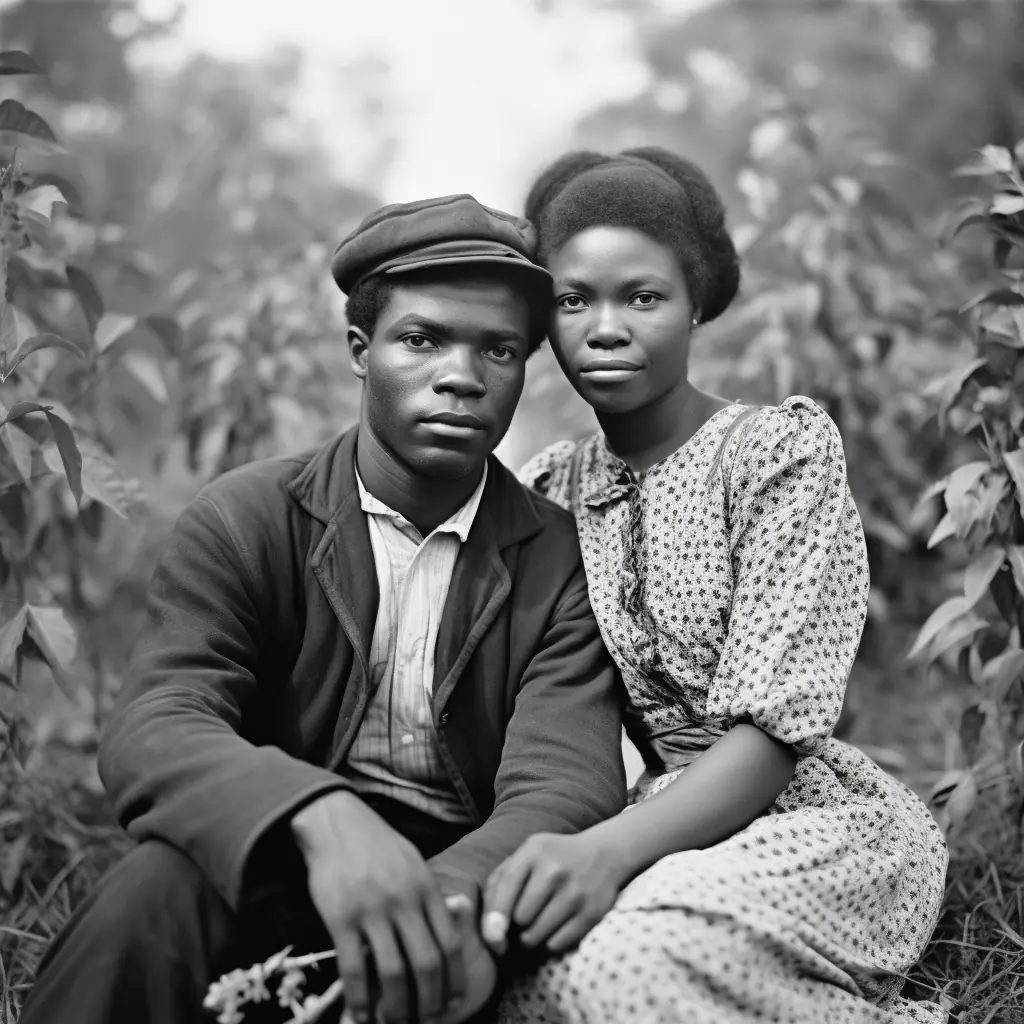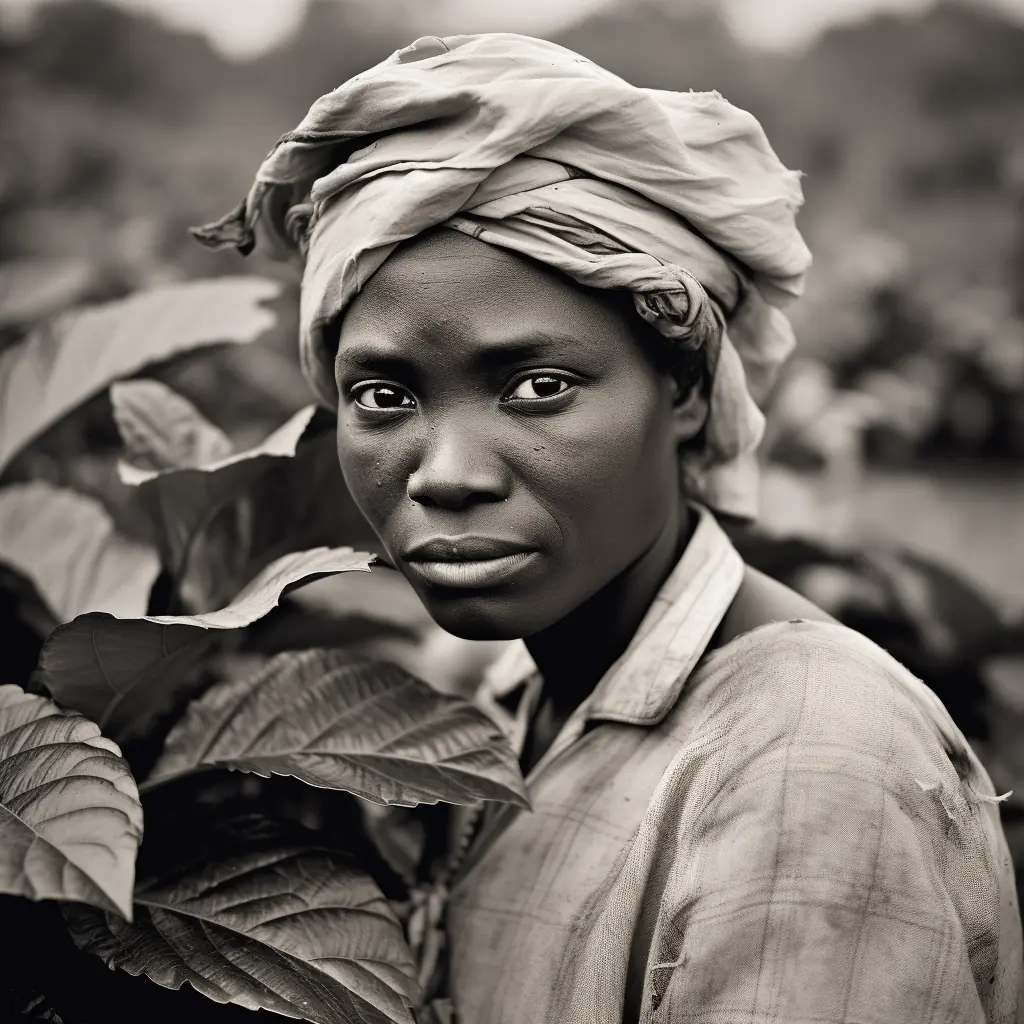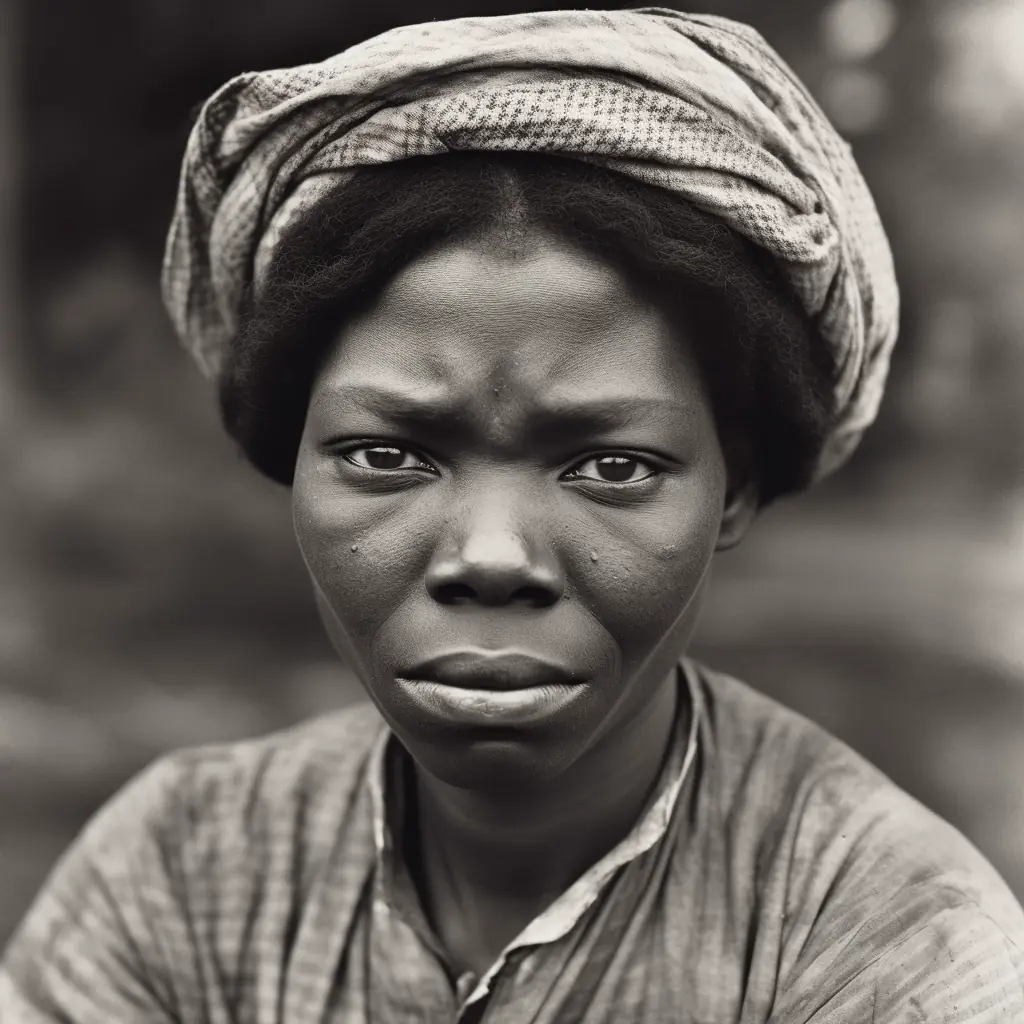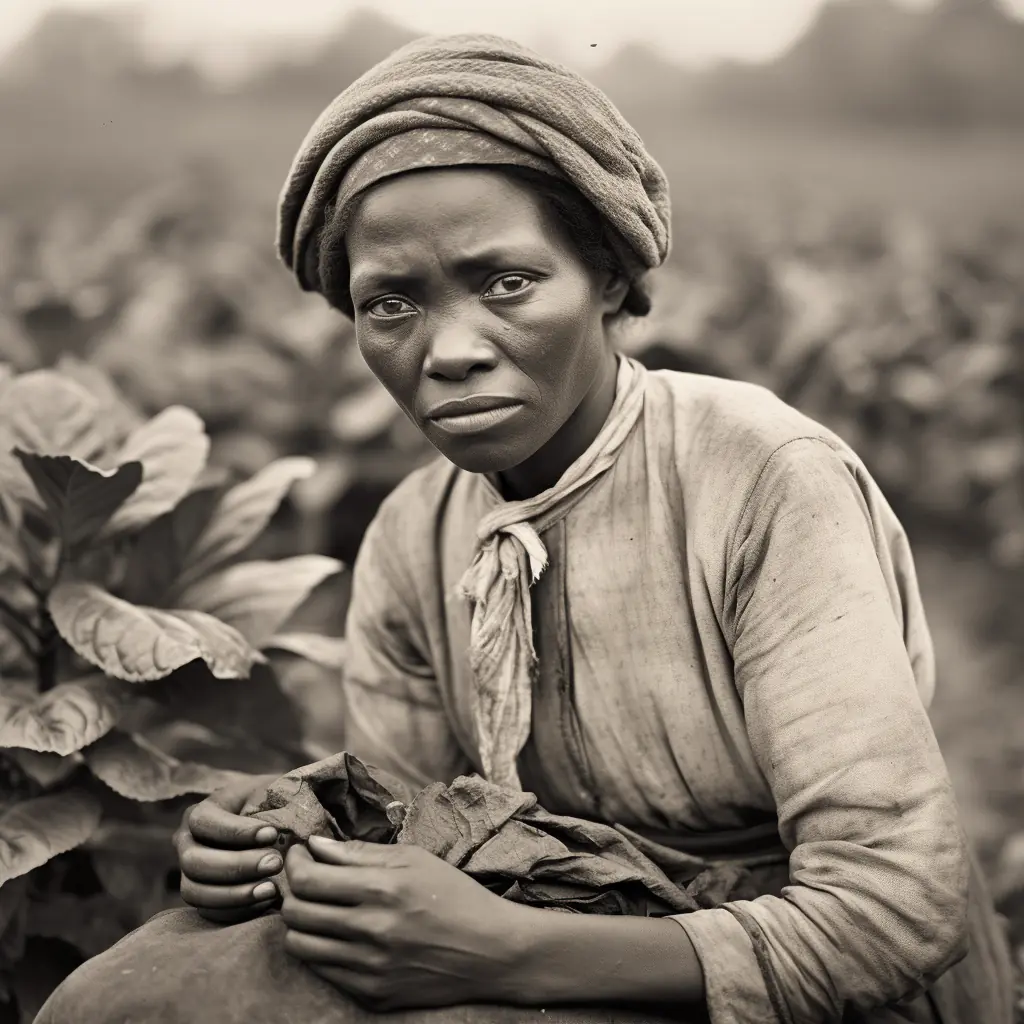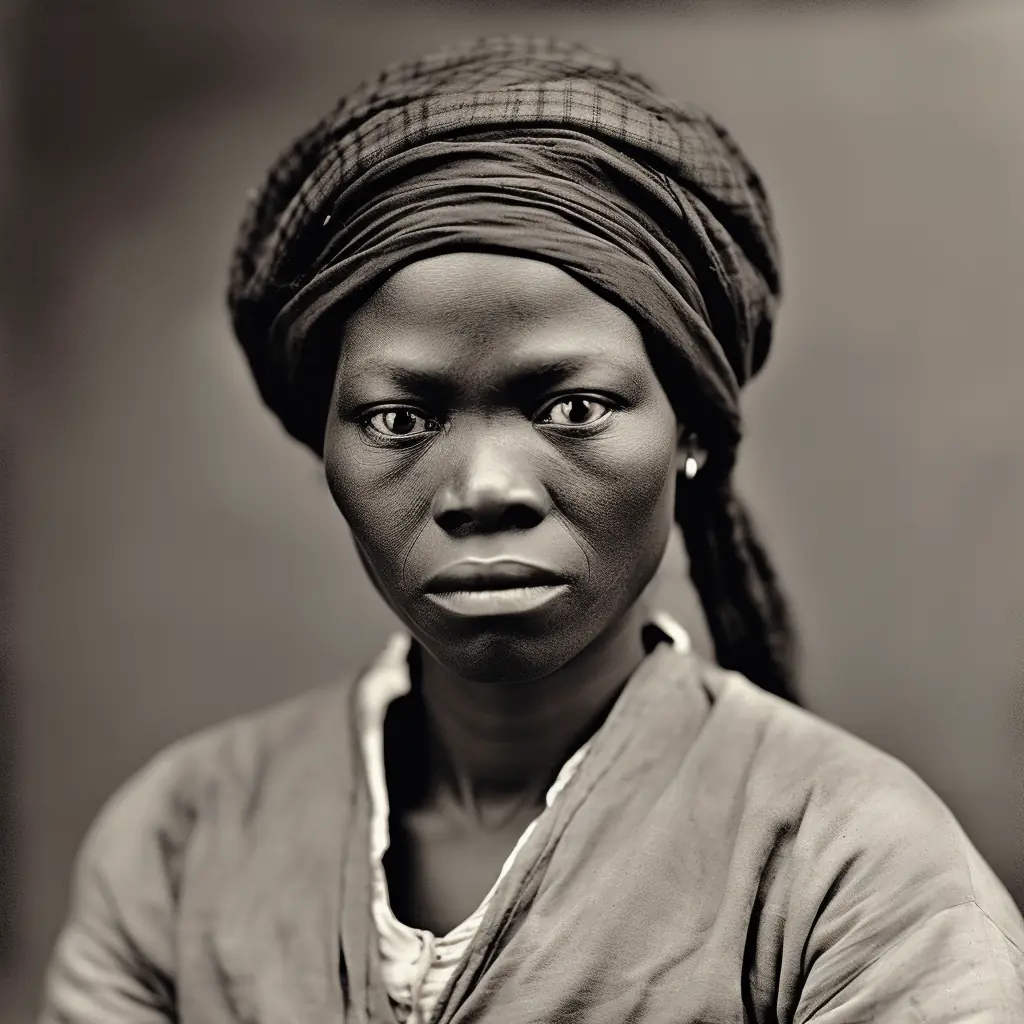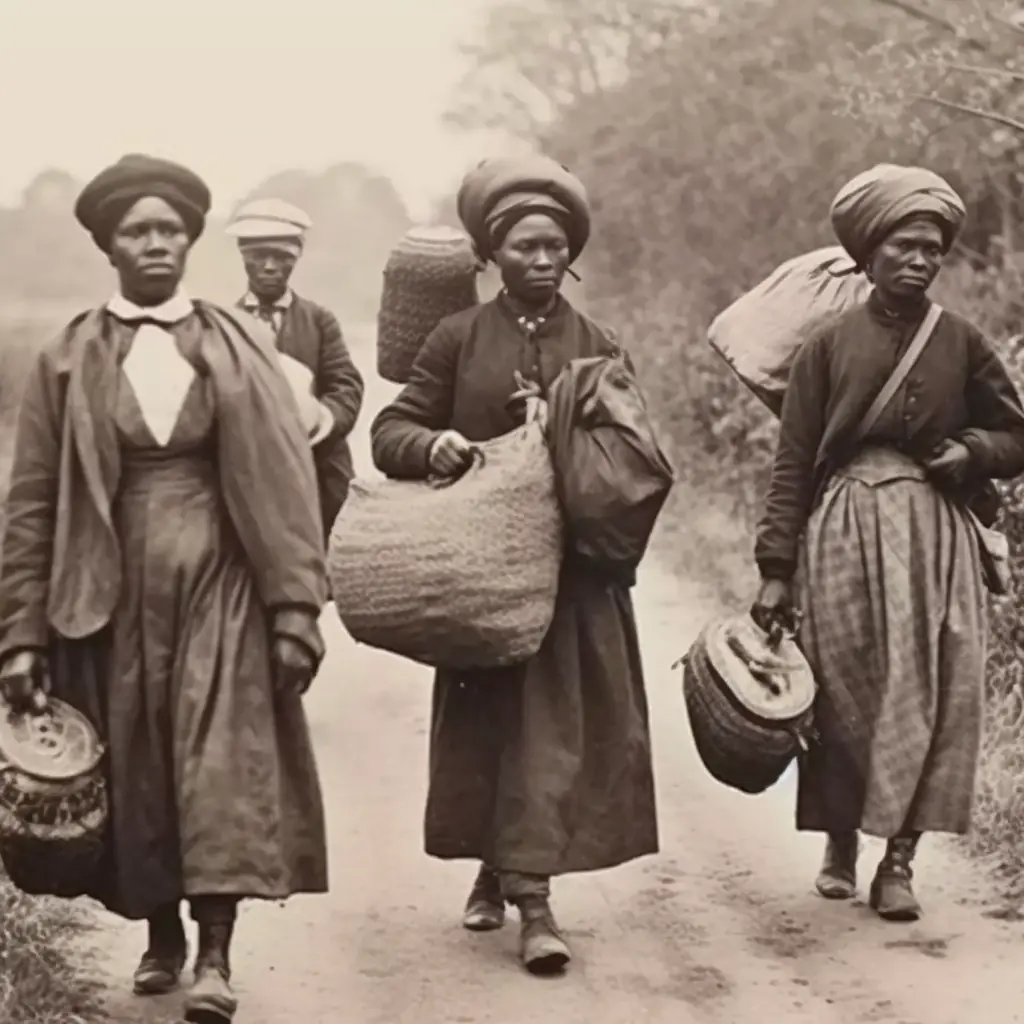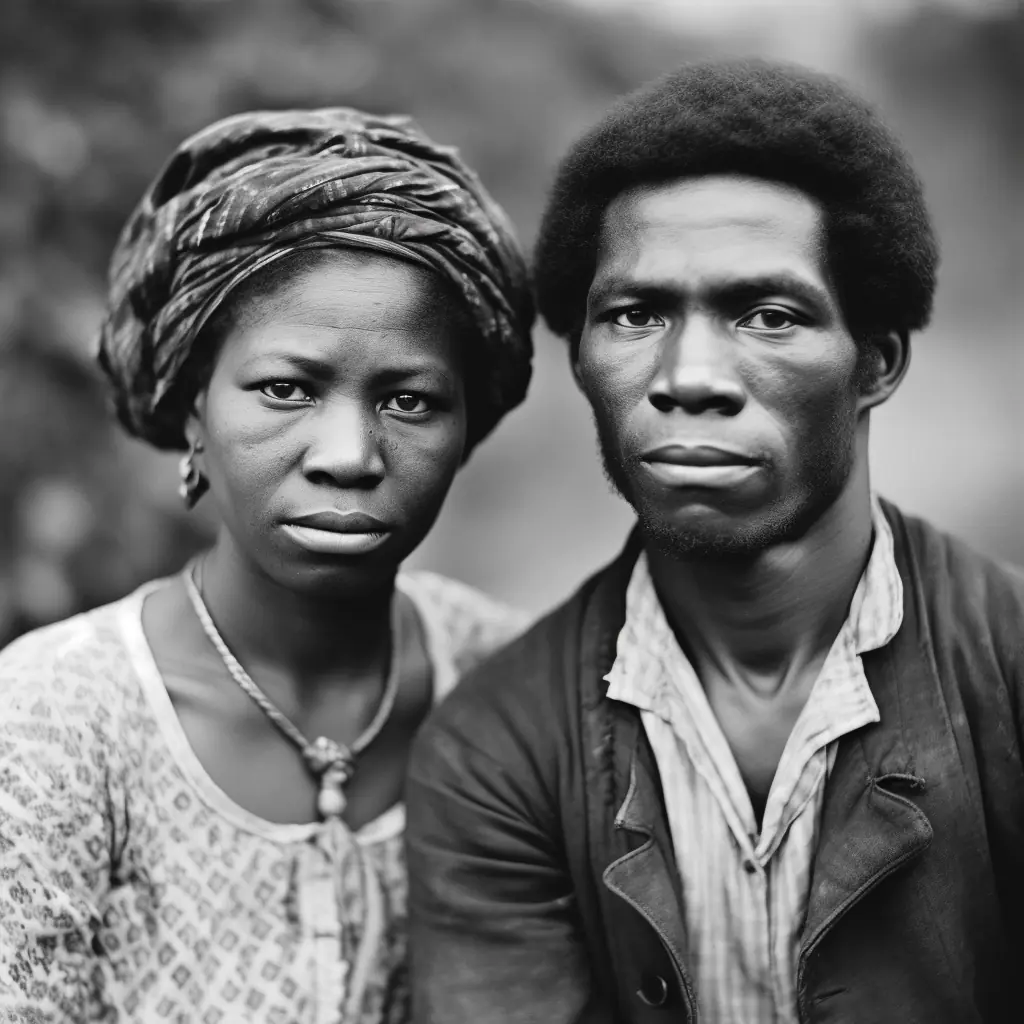A Voice from the Past
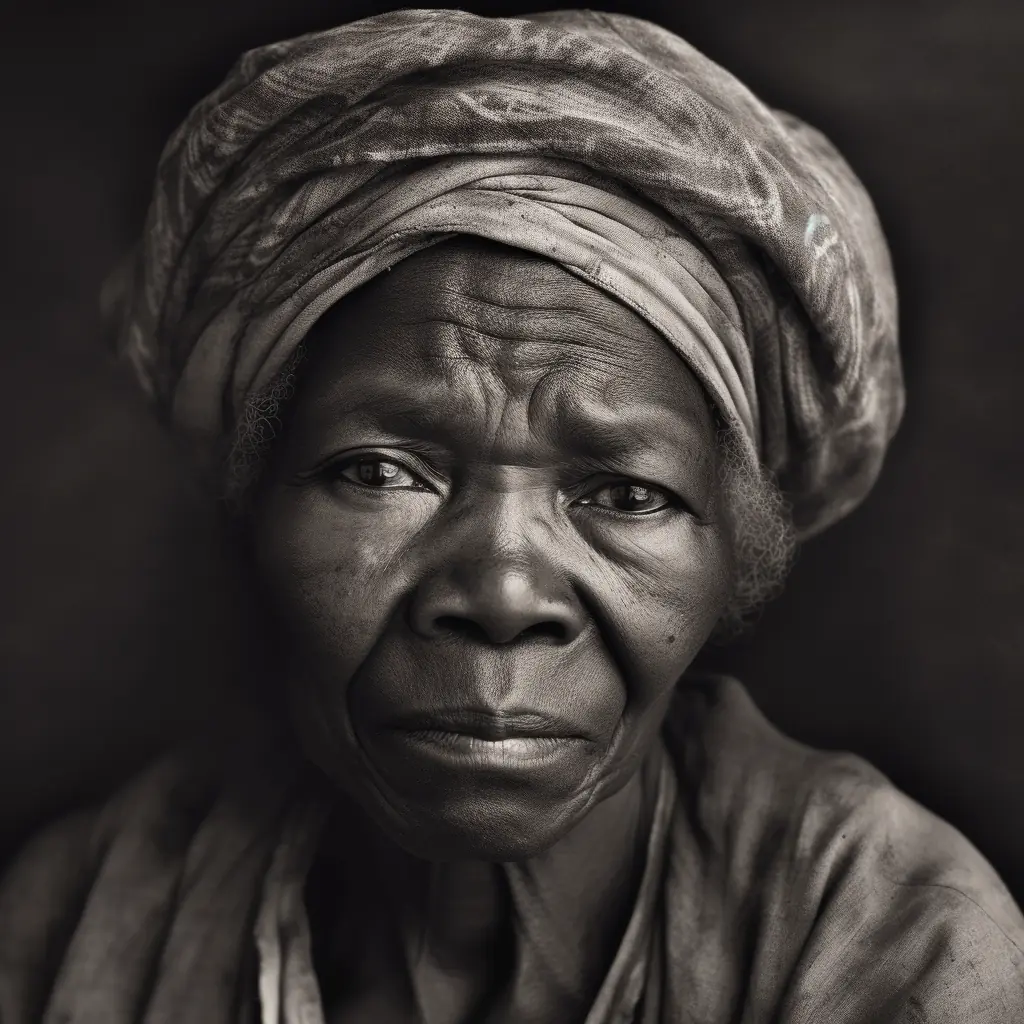
My name is Nelly, and my story begins on the Wren plantation in Falls Church, Virginia, where I was born in a time and place where my freedom was denied. As a child, I could never have imagined the trials and tribulations that awaited me, nor the strength and resilience that I would discover within myself.
The tale I am about to share with you is one of heartache, but also of hope. It is a testament to the power of the human spirit and the indomitable will to survive even in the face of unspeakable cruelty. My life was marked by sorrow, but it also carried moments of joy and love that sustained me in the darkest of times.
As I take you on this journey, I invite you to walk with me through the fields of the Wren plantation, to witness the pain and suffering that was my daily existence. But I also ask you to look beyond the anguish, to see the love that blossomed between my beloved Samuel and me, and to celebrate the strength and determination that carried us through to the end.
For this is not just my story; it is the story of countless others who have lived and died in bondage, who have fought and triumphed over adversity, and who have left their indelible mark on history. It is a story that must be told, so that their voices may echo through the ages and remind us all of the power of hope, love, and freedom.
